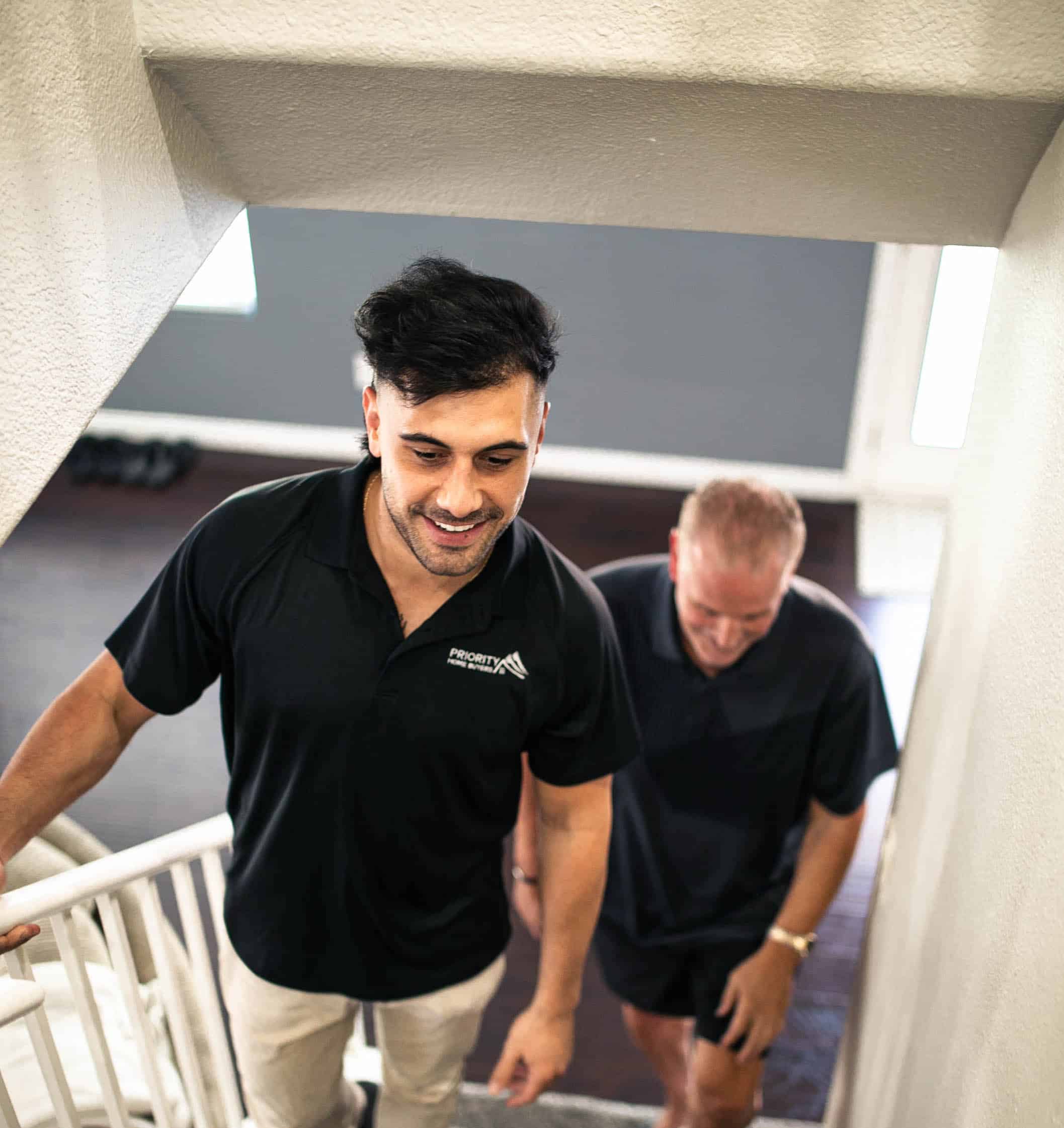Adverse Possession Laws South Carolina
Ever heard of something called “squatters’ rights”? Well, it’s a bit rare but true that if someone lives on a piece of land that doesn’t belong to them for a long time, they might end up owning it. In South Carolina, this is legally known as adverse possession.
But hang on, it’s not as simple as just camping out. To prove adverse possession, you need to provide some solid evidence that shows a few things.
 First, the person living on the land has to be there consistently, like no long vacations or anything. They also have to act like they own the place, even if they don’t, which means being kinda unfriendly about it (that’s the “hostile” part). Plus, it needs to be super obvious to everyone, meaning it’s open, actual, notorious, and exclusive. In other words, no secrets, and no one else trying to claim it.
First, the person living on the land has to be there consistently, like no long vacations or anything. They also have to act like they own the place, even if they don’t, which means being kinda unfriendly about it (that’s the “hostile” part). Plus, it needs to be super obvious to everyone, meaning it’s open, actual, notorious, and exclusive. In other words, no secrets, and no one else trying to claim it.
But here’s the kicker: all of these conditions need to hold up for a whopping 10 years, according to this South Carolina law, § 15-670-210. So, it’s not just a matter of crashing on someone’s land for a weekend and saying, “Mine now!” It’s a bit more complicated than that.
Squatting vs Trespassing vs Holdover Tenants
So, down in South Carolina, just like in most places, squatting means living in a place that’s abandoned or empty without getting the thumbs-up from the property owner. But here’s the thing – a lot of folks mix up squatting with trespassing, and they’re not quite the same deal.
Trespassing? That’s a crime, no doubt about it. But squatting, well, it’s a bit more complicated. Whether it’s considered illegal or not depends on whether the squatters knew they weren’t wanted there. See, if the property owner hasn’t put up those “No Trespassing” signs or warned the squatters, it can get kinda tricky. The property owner needs to be super clear that they’re not welcome.
Oh, and if the property owner is also living there, having someone squat on their property without permission is also treated as trespassing. So, there’s that.
And speaking of holdover tenants, here’s a little nugget of info for you: if a tenant’s lease is up, and they’re still hanging around without renewing or paying rent, they’re trespassing. But, if the landlord keeps taking their rent money without kicking them out, they become “tenants at will.” Crazy, right?
Squatters’ Rights: Understanding Adverse Possession Laws in South Carolina
Alright, let’s break down South Carolina’s deal with squatters’ rights and adverse possession. They’ve got these laws in the South Carolina Code of Laws Title 15 Chapter 67, and they tell you when someone squatting on a property can say, “Hey, this is mine now.” Here’s what they need to do:
- They’ve gotta live on that property for at least 10 years.
- They need to make some improvements to the place.
- And they gotta meet all the other specific requirements for the type of adverse possession they’re claiming.
Oh, and here’s the thing – they don’t have to pay property taxes to make a legit claim. But that’s not all! There are also five federal requirements they gotta follow:

- The squatter has to be living there without the owner’s permission (that’s “hostile possession”).
- They have to physically be on the property (like, really there).
- They can’t be sneaky about it; they have to live there openly.
- Only one person can make this claim, not a whole group of squatters.
- And they can’t just come and go; it has to be continuous, no long breaks from the property for the entire 10-year period.
So, there you have it, the lowdown on South Carolina’s adverse possession laws.
Does South Carolina Honor Color Of Title Claims?
“Color of Title” is another term related to squatting and adverse possession claims that landlords should understand. This term describes irregular ownership of real property, meaning the holder didn’t have all legal registrations, memorials, or other required documents.
In South Carolina, squatters who claim adverse possession are required to have color of title. In other words, those who don’t possess all the necessary legal and legitimate documents cannot take ownership of a property.
Additionally, even with color of title, squatters must prove they have a right to the property by meeting certain requirements:
- The property has been cultivated or improved.
- A substantial enclosure has been added to the land or building.
- The unit or area of land has been used for personal purposes or to supply fuel and fencing timber for husbandry.
How To Prevent Squatting In South Carolina
To prevent squatting and the hassles that come with it, consider these informal yet effective measures. First, make it a point to visit your property regularly to demonstrate your ownership. Don’t forget to stay current with property tax payments, as this reinforces your rights as the rightful owner.
 To beef up security, take steps like fortifying windows, installing sturdy locks on doors, or even putting up fences. Slap some “No Trespassing” signs on any vacant or foreclosed buildings you own. If you suspect someone’s moved in without permission, send them a written notice. You might even want to propose renting the unused property to squatters as an alternative.
To beef up security, take steps like fortifying windows, installing sturdy locks on doors, or even putting up fences. Slap some “No Trespassing” signs on any vacant or foreclosed buildings you own. If you suspect someone’s moved in without permission, send them a written notice. You might even want to propose renting the unused property to squatters as an alternative.
And if they refuse to leave, it’s the sheriff or constable you should call, not just local law enforcement. Lastly, if things get messy, consider seeking legal help from a South Carolina attorney experienced in squatting and adverse possession cases. These steps can help keep unwanted occupants at bay and safeguard your property.
Frequently Asked Questions
Can a Squatter Claim Adverse Possession If They Didn’t Live In The Property For A Continuous Period?
No, squatters cannot claim adverse possession without a continuous 10-year occupancy.
What Should I Do If the Squatter Left Personal Property in My Unit?
Serve a 15-day notice for them to remove their belongings. If items worth over $500 are left, file a court ejection application.
Can I Protect My Vacant Unit From An Adverse Possession Claim If I Pay Property Taxes?
Paying property taxes isn’t required but can strengthen your ownership claim against squatters.




